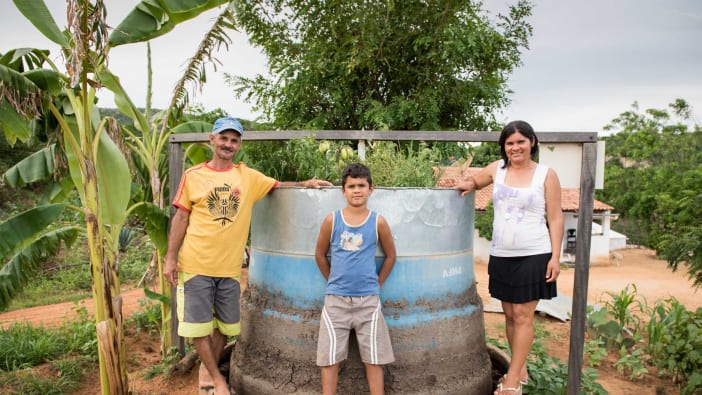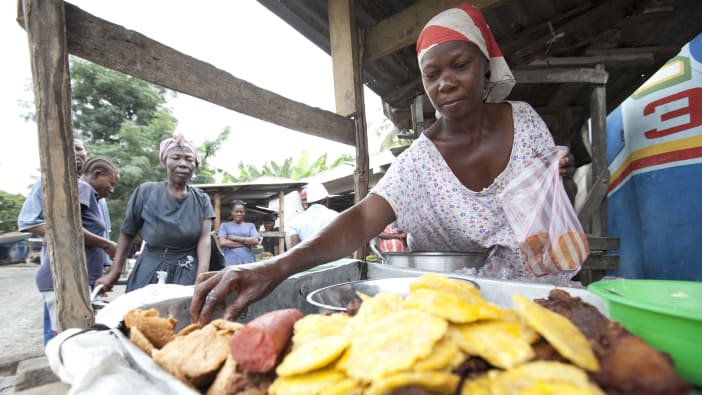Mention third world debt to most people and a puzzled look appears. Mention lack of funding for health clinics and schools and most people would agree and want to add their own experiences. However, in most Third World countries the two are closely linked.
How it began
In the late 1970s and early 1980s, when richer nations were keen to lend money at good interest rates, the governments of many Third World countries took out loans. The money was used to build roads, hospitals, government buildings, dams and – all too often – weapons.
For a few years everyone was happy. Then two things happened which sent the debt crisis spiralling out of control. Prices for many of the goods exported by Third World countries, such as cotton, coffee, copper, rubber and tea dropped sharply. Interest rates soared all around the world. Loans which had been reasonably easy to repay suddenly became huge burdens to governments now lacking foreign exchange. Repayments could not be met in full and the debt burdens began to build…
Debt in the 1990s
Today the situation has become worse. Many governments are forced to spend far more on debt repayments than on providing health care and education for their people. For example, Africa now spends four times more on interest on its loans than on health care.
Governments don’t like to talk much about the issue either in the lending or borrowing countries – for both it has become an embarrassment. Ordinary people find the situation quite complicated to understand – debts have been sold on to all kinds of banks and companies. But the simple truth is that Third World debt has become a kind of slavery, depriving millions of their rights to health care and education.
What can be done?
One group – of which the Editor of Footsteps is a founder member – believes it has a solution. Jubilee 2000 is asking for the beginning of the new millennium to be a time when the backlog of the unpayable Third World debt is cancelled. They have a detailed charter with conditions for all kinds of situations.
Many economists and business people believe this is a business-like approach to solving an awkward situation. Caring people believe this is a moral solution to an impossible situation. Many Christians believe this to be prophetic and in line with God’s purpose to celebrate the new millennium as a year of Jubilee.
This campaign will only achieve its aims through massive public awareness and action. Already, many groups in Europe are taking action. Tearfund and CAFOD are among the first to launch awareness campaigns with their supporters. This will be a theme of next year’s Anglican Lambeth Conference and the World Council of Churches 200th celebrations.
What can you do?
- Talk about these issues with friends. Raise them with church leaders.
- Study the biblical teaching on Jubilee in Leviticus 25 and pray for the campaign.
- Write to your government representative, asking them to request debt cancellation in the year 2000.
- Find out more about the situation in your own country.
Jubilee 2000 is launching a worldwide petition asking for the cancellation of debts and for a fresh start to celebrate the new millennium. A copy is enclosed for you to ask friends to sign. Ask for more, when you post back the completed petition. Jubilee 2000 would like to see a network of action groups in every country. If you could help, please write to:
Jubilee 2000, PO Box 100, London, SE1 7RT.
E-mail: [email protected]









